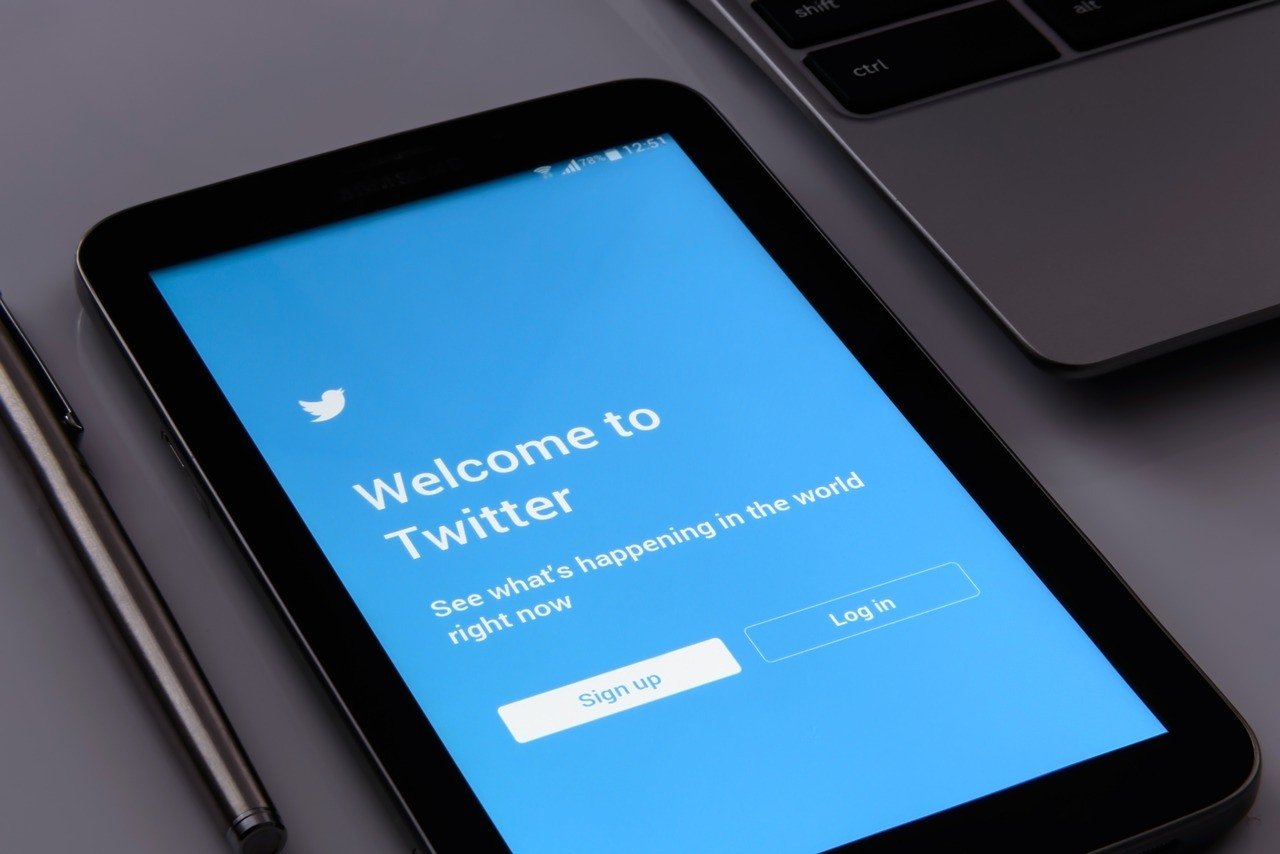Business
Despite a decline in its popularity, Twitter remains relevant
Twitter remains a go-to social media platform for celebrities, brands and prominent people.

There was this notion that Twitter, the social media platform that was once viewed as the closest thing the segment had that could dethrone Facebook, had already lost its glamour. Perhaps because it has become a platform that seems to cater only to celebrities, or maybe because everything has changed after Instagram emerged, since it’s all about saying what you like through photos, which is easier and more exciting than trying to explain yourself in 140 characters.

Twitter may have lost a bit of its popularity, but it still is significant. (Source)
Sadly, if you’re on Twitter’s side, there are stories from the past that support the actuality of its seemingly declining popularity. In 2014, the company’s network shares slid to an all-time low as its market valuation continued to go smaller every year.
Since the IPO in 2013 problems have compounded for the microblogging site, making its climb back to the $40 billion mark slower than ever. Unfortunately, this sluggish comeback (as the company still managed to increase in revenue after losing $20 million from public offering) occurs as Facebook grows rapidly (as it secures its niche dominance) and as new social media platforms emerge.
Over the years, the social media landscape has become more and more crowded, splitting advertisers’ money on various platforms. Moreover, “content” does not only mean blogs or website copies as it was several years back—social media platform creators have gone beyond social networking a la Facebook or blogging a la Twitter.
Gone are the days when advertising money is only concentrated on one platform. There’s now on-demand content providers like Spotify, Rdio, which focus on music, and Netflix, and Hulu, the two top providers of streamed Internet TV shows. There’s also Audioboom (LSE: BOOM), a UK-based company that focuses on delivering spoken-word audio content to the world’s biggest broadcast networks like CNN, BBC, and Al Jazeera.
Teens are now ditching Twitter for Facebook and Instagram, which is understandable since it has never really intended to make itself a platform for fun or a faster alternative to snail mail and email like most social networking sites do. It is, in real essence, a microblogging site that aims to deliver real-time information—and when Twitter says “information,” it is about data, news, or reports that could matter to a specific market, audience, or group.
And that makes Twitter an essential online platform.
Twitter has become the first and fastest source of news. It has outpaced traditional media to an extent that TV and radio programs now get their news straight from it. There have been incidents in some countries when newspapers got caught out by the speed of social media and ended up providing erroneous information.
And who says Twitter is no longer relevant? For brands, Twitter is still the best way to inform the public everything new about them. Pretty much the same for celebrities who want to defend themselves from a controversy, to launch an advocacy, or to announce new beginnings. Caitlyn Jenner chose Twitter because she knew it would be the best way for the world to know about her birth, the same way Obama prepared for his gradual return to civilian life. Popular people who still want to be heard will just get a Twitter account and obtain millions of followers in an instant. And if you are a small brand and you want to obtain followers, you will surely get your own Twitter account.
Twitter never really lost its essence, relevance, and importance. Investors would go straight to the platform to know anything about the last trading, which commodity price went up, what company suffered, et cetera.
Twitter’s real-time platform is the world’s deepest well of new oil, which is data. They may be only 140 characters, but brands use the thousands of tweets on the platform as a barometer for knowing what’s hot and what’s not, who’s popular and who’s out, what’s trending and what’s boring. Twitter is like a big world full of ideas and thoughts that could mean cash or opportunity to others—that is, the money makers, the thinkers, the innovators.
—
This article may include forward-looking statements. These forward-looking statements generally are identified by the words “believe,” “project,” “estimate,” “become,” “plan,” “will,” and similar expressions. These forward-looking statements involve known and unknown risks as well as uncertainties, including those discussed in the following cautionary statements and elsewhere in this article and on this site. Although the Company may believe that its expectations are based on reasonable assumptions, the actual results that the Company may achieve may differ materially from any forward-looking statements, which reflect the opinions of the management of the Company only as of the date hereof. Additionally, please make sure to read these important disclosures.

-

 Impact Investing1 day ago
Impact Investing1 day agoGreen vs. Brown Stocks: Climate Policy, Capital Costs, and the Battle for Market Returns
-

 Markets2 weeks ago
Markets2 weeks agoWeather-Driven Supply Outlook Lifts Coffee Markets in Brazil and Vietnam
-

 Business2 weeks ago
Business2 weeks agoTopRanked.io Weekly Affiliate Digest: What’s Hot in Affiliate Marketing [Best Technology Affiliate Programs]
-

 Business6 days ago
Business6 days ago2.5 Billion People Watch Quiz Shows Every Day. Masters of Trivia (MOT) Is Letting Them Compete


















